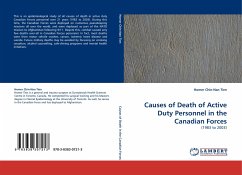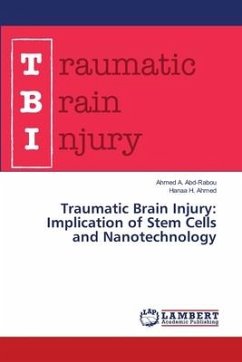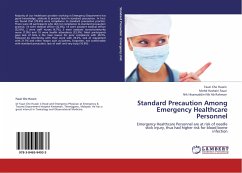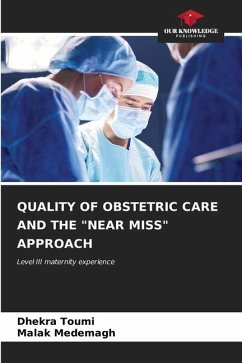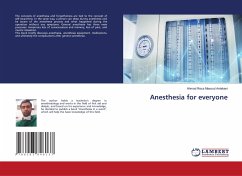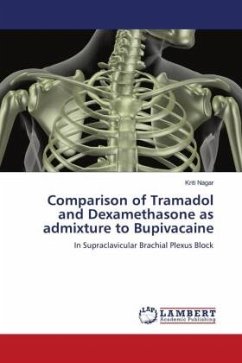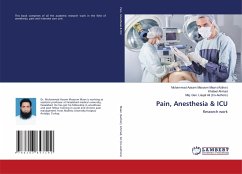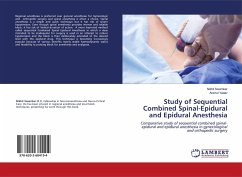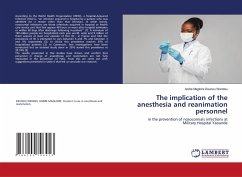
The implication of the anesthesia and reanimation personnel
in the prevention of nosocomials infections at Military Hospital Yaounde
Versandfertig in 1-2 Wochen
26,99 €
inkl. MwSt.

PAYBACK Punkte
13 °P sammeln!
According to the World Health Organization (WHO), a Hospital-Acquired Infection (HAI) is, "an infection acquired in hospital by a patient who was admitted for a reason other than that infection. In other words, nosocomial infections are those infections acquired in hospital or health care service unit that first appear 48 hours or more after hospital admission or within 30 days after discharge following in-patient'' [1]. A minimum of 190 million people are hospitalized each year world- wide and 9 million of them acquire at least one episode of HAI [3] , in France and USA the prevalence of NI i...
According to the World Health Organization (WHO), a Hospital-Acquired Infection (HAI) is, "an infection acquired in hospital by a patient who was admitted for a reason other than that infection. In other words, nosocomial infections are those infections acquired in hospital or health care service unit that first appear 48 hours or more after hospital admission or within 30 days after discharge following in-patient'' [1]. A minimum of 190 million people are hospitalized each year world- wide and 9 million of them acquire at least one episode of HAI [3] , in France and USA the prevalence of NI is estimated to vary between 6 and 7% and between 3 and 5% respectively [3]. In Africa this prevalence reaches 25% of hospitalized patients [3]. In Cameroon, few investigations have been conducted but an isolated study done in 2010 stated this prevalence at 20.74% [3].The results presented in this studies have shown and confirm that personnel in charge of anaesthesia and reanimation are not fully implicated in the prevention of HAIs. From this we came out with suggestions presented in table 6 that led us conclude our research.



